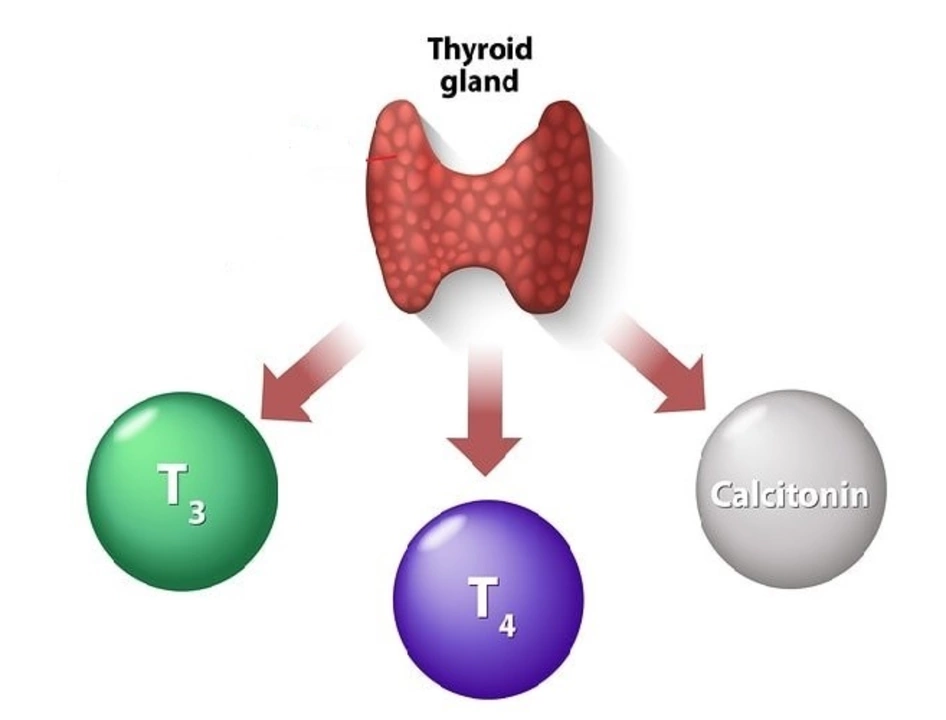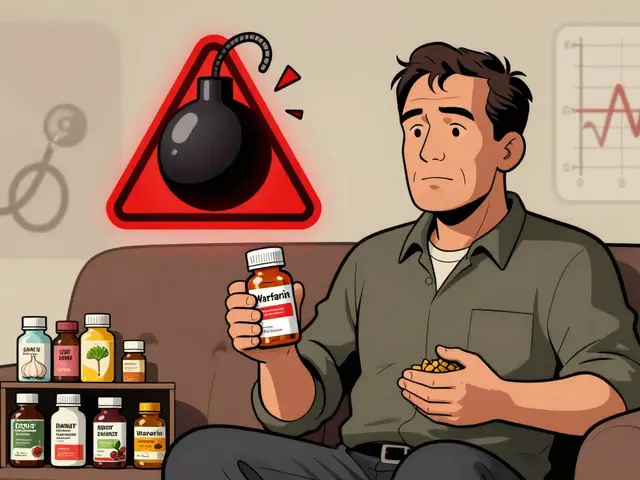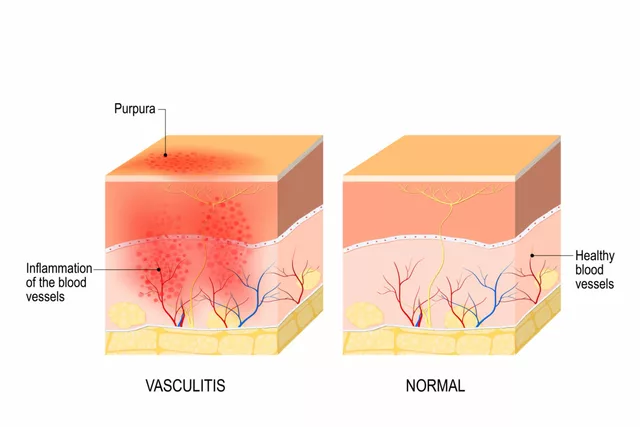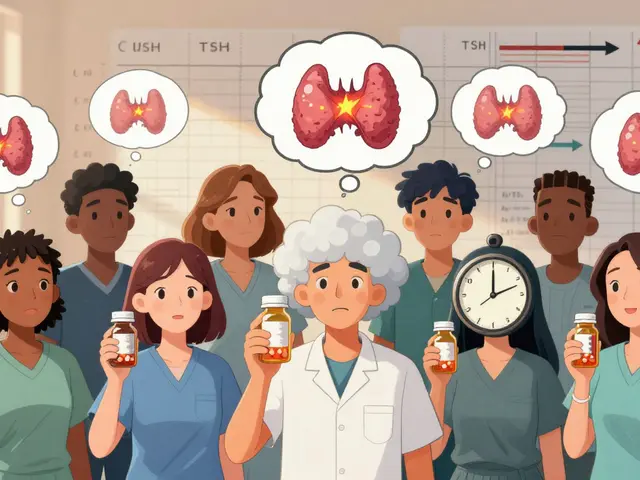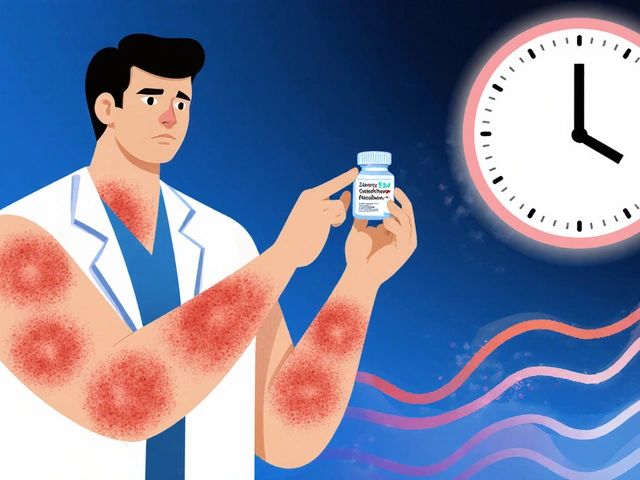Vitamin D: What It Is and Why You Need It
Vitamin D is a fat‑soluble nutrient that helps your body absorb calcium, keep bones strong, and support the immune system. Most people think of it as the "sunshine vitamin" because skin makes it when you’re out in daylight. If you skip sun or eat poorly, levels can drop fast.
Low vitamin D isn’t just about weak bones; it can affect mood, muscle strength, and even how well you fight off colds. That’s why checking your status and getting enough each day matters for everyday life.
Top Food Sources & Sunlight
The easiest way to boost vitamin D is by spending a few minutes in the sun each morning or late afternoon. Aim for 10‑15 minutes on uncovered skin, but remember sunscreen blocks production, so brief exposure without it works best.
If you can’t get enough sunshine—because of winter, indoor jobs, or skin tone—turn to food. Fatty fish like salmon, mackerel, and sardines are top picks. Egg yolks, fortified dairy, and plant milks also contain usable amounts. Even mushrooms exposed to UV light add a small boost.
When you plan meals, try pairing vitamin D foods with healthy fats (like olive oil or avocado) because the vitamin dissolves better with fat. A quick salmon salad with a drizzle of olive oil can give you a solid daily dose.
Spotting Deficiency and Safe Supplement Options
Common signs of low vitamin D include frequent aches, especially in hips or lower back, feeling unusually tired, and getting sick more often. A simple blood test measures 25‑hydroxyvitamin D levels; doctors usually consider below 20 ng/mL deficient.
If you’re short, a supplement can fill the gap. Over‑the‑counter vitamin D3 tablets are the most reliable form. Start with 1,000–2,000 IU per day for adults, but higher doses may be needed if your test shows severe deficiency—always check with a health professional first.
Don’t overdo it; excess vitamin D can cause calcium buildup and harm kidneys. Stick to recommended amounts unless a doctor tells you otherwise.
For people on special diets, like vegans, look for algae‑based D3 supplements or fortified plant milks. These give the same benefit without animal ingredients.
Incorporating vitamin D into your routine doesn’t have to be hard. A short walk outside, a weekly fish dinner, and a daily supplement when needed keep your levels steady and your body happy.
Remember, staying on top of vitamin D is a simple step that supports bones, immunity, and overall energy. Keep an eye on sunlight, food, and safe supplements—your future self will thank you.

